10 Must-Know Tips for DIY Pest Control in Kissimmee
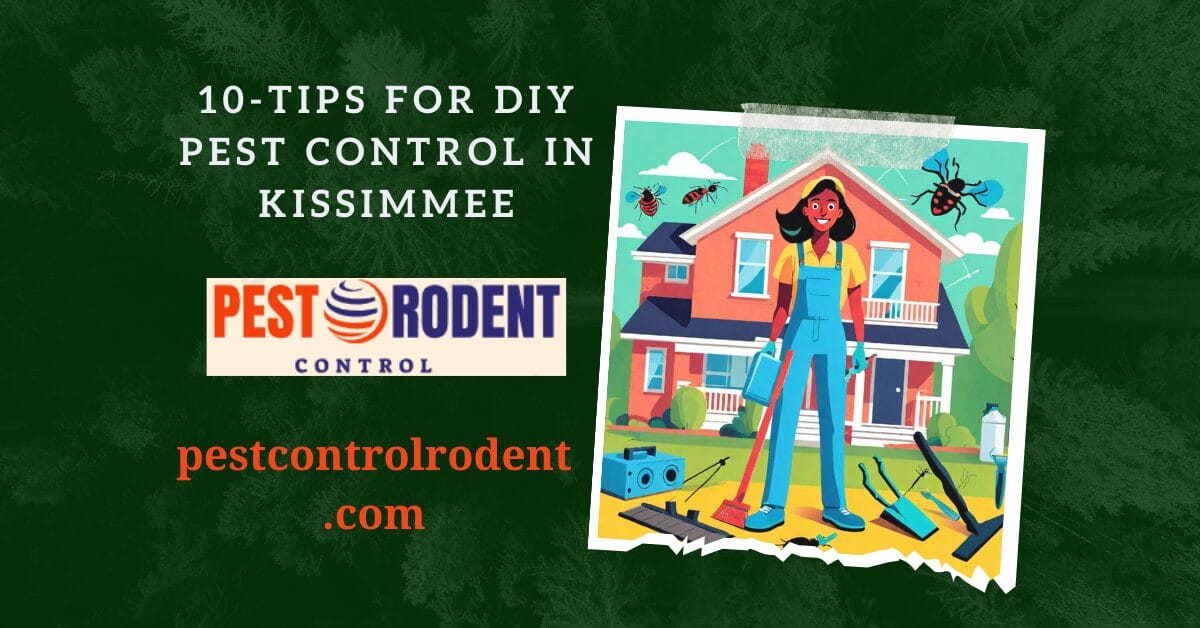
10 Must-Know Tips for DIY Pest Control in Kissimmee
Pests. Just the word alone is enough to send shivers down your spine. Whether’s ants invading your kitchen, spiders setting up camp in your living, or roaches scurrying across the floor, dealing with pests can be a nightmare. And if you live in Kissimmee, Florida, where the warm climate is a haven all kinds of creepy crawlies, pest control is a constant battle. But fear not! With the right knowledge and a few simple tools, you can tackle pest problems on your own. In this blog, we’ll explore 10 essential tips for DIY pest control in Kissimmee that will help you keep your home bug-free and your sanity intact.
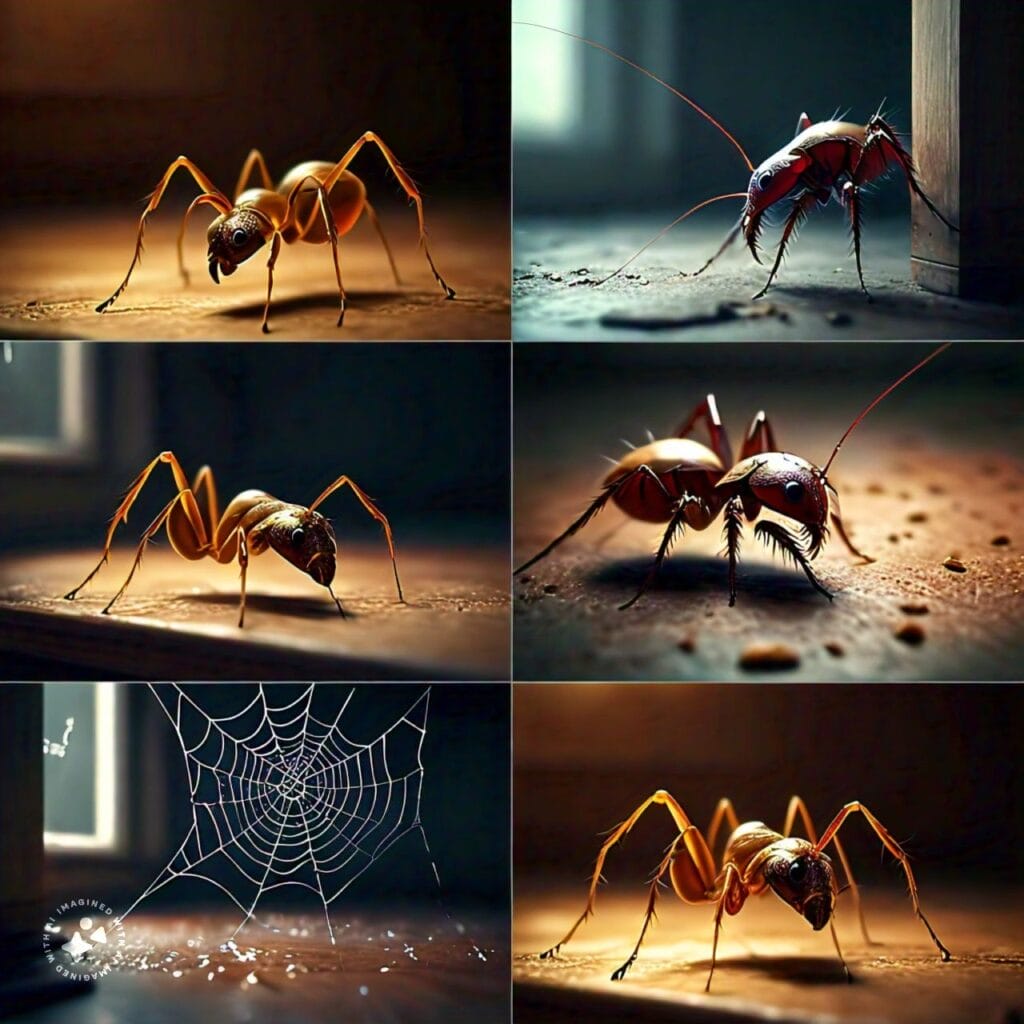
Understanding the Enemy: Common Pests in Kissimmee
Before you can effectively combat pests, it’s crucial to understand what you’re up against. Kissimmee, like many other parts of Florida, is home to a variety of pests that thrive in the warm, humid climate. Some of the most common pests you might encounter include:
- Ants: Whether it’s tiny sugar ants or aggressive fire ants, these pests can quickly take over your home.
- Roaches: Cockroaches are not only unsightly but can also carry disease and trigger allergies.
- Spiders: While most spiders are harmless, the sight of them can be enough to send many people running for the hills.
- Mosquitoes: Known for their itchy bites and ability to transmit diseases like West Nile virus and Zika virus.
By familiarizing yourself with the common pests in Kissimmee, you’ll be better equipped to identify them and implement effective pest control strategies.
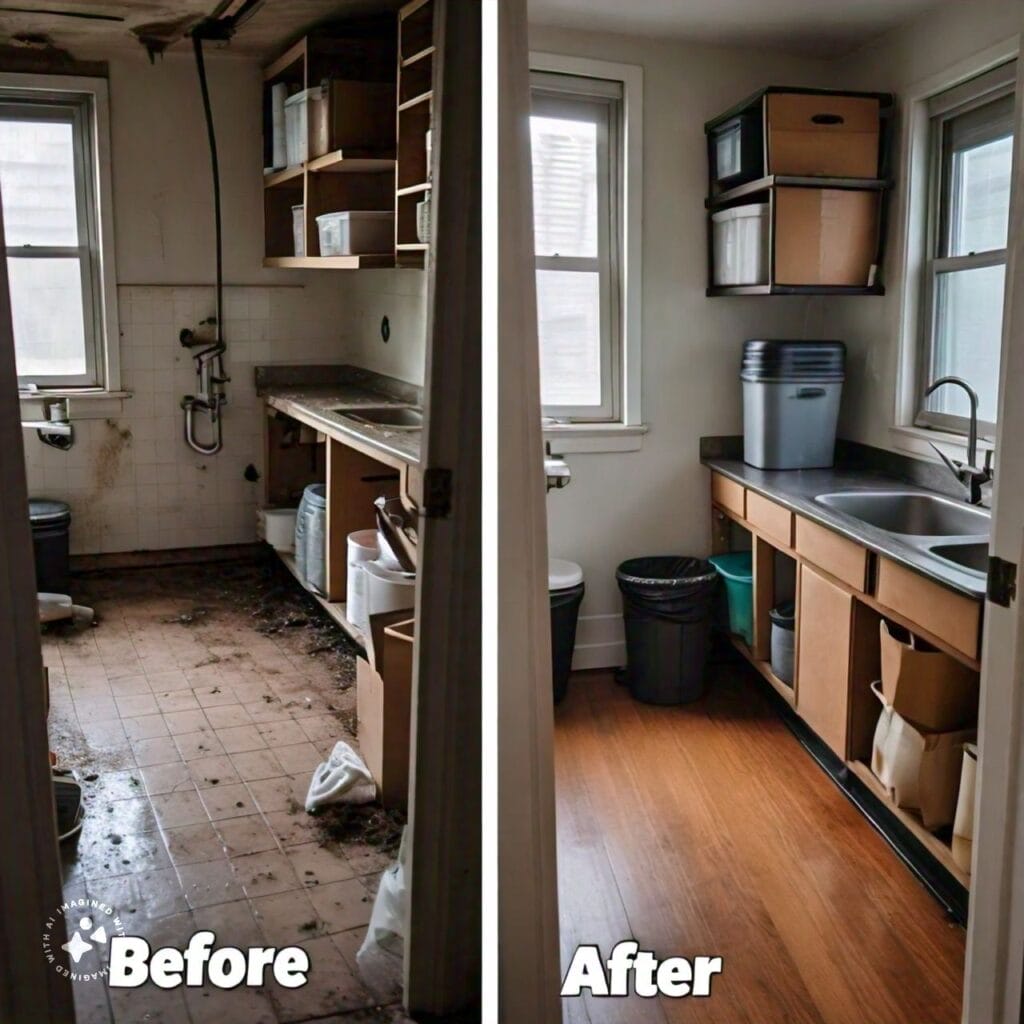
Tip #1: Keep Your Home Clean and Clutter-Free
One of the simplest yet most effective ways to prevent pest infestations is to maintain a clean and clutter-free home. Pests are attracted to food, water, and shelter, so eliminating these sources will make your home less appealing to them. Here are some tips to help you keep pests at bay:
- Sweep and vacuum regularly to remove crumbs and food debris.
- Store food in airtight containers to prevent access for ants and roaches.
- Fix any leaky faucets or pipes to eliminate sources of water for pests.
- Declutter your home to eliminate hiding spots for pests.
By practicing good hygiene and organization, you can significantly reduce the likelihood of pests taking up residence in your home.
Tip #2: Seal Entry Points
Pests can enter your home through the tiniest of openings, so it’s essential to seal any potential entry points to keep them out. Inspect your home for cracks, gaps, and holes, paying close attention to areas like door frames, windows, and vents. Use caulk or weatherstripping to seal these openings and prevent pests from getting inside.
Tip #3: Eliminate Standing Water
Mosquitoes breed in standing water, so it’s essential to eliminate any sources of stagnant water around your home. Keep your gutters clean, fix any drainage issues, and remove any containers that could collect water, such as buckets, flower pots, or birdbaths. By reducing breeding sites for mosquitoes, you can protect yourself and your family from bites and potential diseases.
Tip #4: Use Natural Remedies
If you’re looking for a more eco-friendly pest control option, consider using natural remedies to repel pests. For example, you can use essential oils like peppermint, lavender, or tea tree oil to deter ants, roaches, and spiders. Sprinkle diatomaceous earth around your home to kill crawling insects like ants and roaches without using harmful chemicals.
Tip #5: Set Traps
For specific pests like rodents or insects, setting traps can be an effective way to control infestations. There are various types of traps available, including snap traps, glue traps, and live traps, so you can choose the option that best suits your needs. Place traps near areas where pests are active, such as along baseboards, in cabinets, or near entry points.
Tip #6: Maintain Your Yard
Pests often find their way into your home from the outside, so it’s essential to maintain your yard to reduce the likelihood of infestations. Keep your lawn mowed, trim bushes and trees away from your home, and remove any debris or clutter that could provide hiding spots for pests. By creating a barrier between your home and the outdoors, you can make it harder for pests to invade.
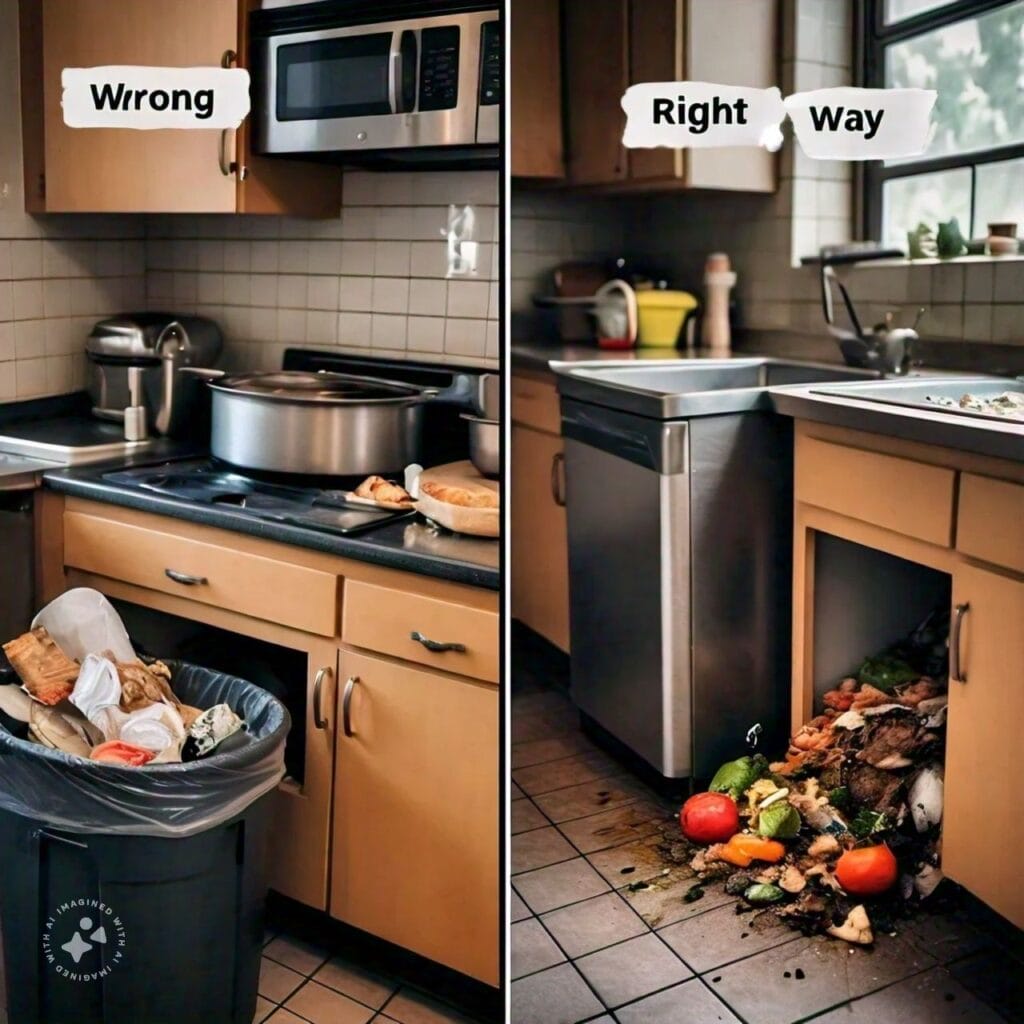
Tip #7: Practice Proper Waste Management
Garbage and food waste are irresistible temptations for pests, so it’s crucial to practice proper waste management to avoid attracting them to your home. Use sealed trash cans, dispose of garbage regularly, and clean up spills promptly to prevent pests from getting access to food sources. Additionally, consider composting food scraps in a secure bin to avoid attracting pests like flies or rodents.
Tip #8: Inspect Your Home Regularly
Prevention is key when it comes to pest control, so make it a habit to inspect your home regularly for signs of pest activity. Look for droppings, gnaw marks, shed skins, or any unusual odors that could indicate a pest infestation. By catching problems early, you can address them before they escalate into a full-blown pest invasion.
Tip #9: Know When to Call in the Professionals
While DIY pest control can be effective for minor infestations, some pest problems may require the expertise of a professional exterminator. If you’re dealing with a severe infestation, pests that pose a health risk, or pests that are difficult to control on your own, don’t hesitate to seek professional help. Exterminators have the training, tools, and experience to eradicate pests safely and effectively.
Tip #10: Stay Vigilant
Last but not least, staying vigilant is essential for long-term pest control success. Even after implementing these tips, pests can still find a way into your home, so it’s crucial to remain proactive and observant. Keep an eye out for any signs of pest activity, implement preventive measures regularly, and don’t hesitate to take action at the first sign of a pest problem.
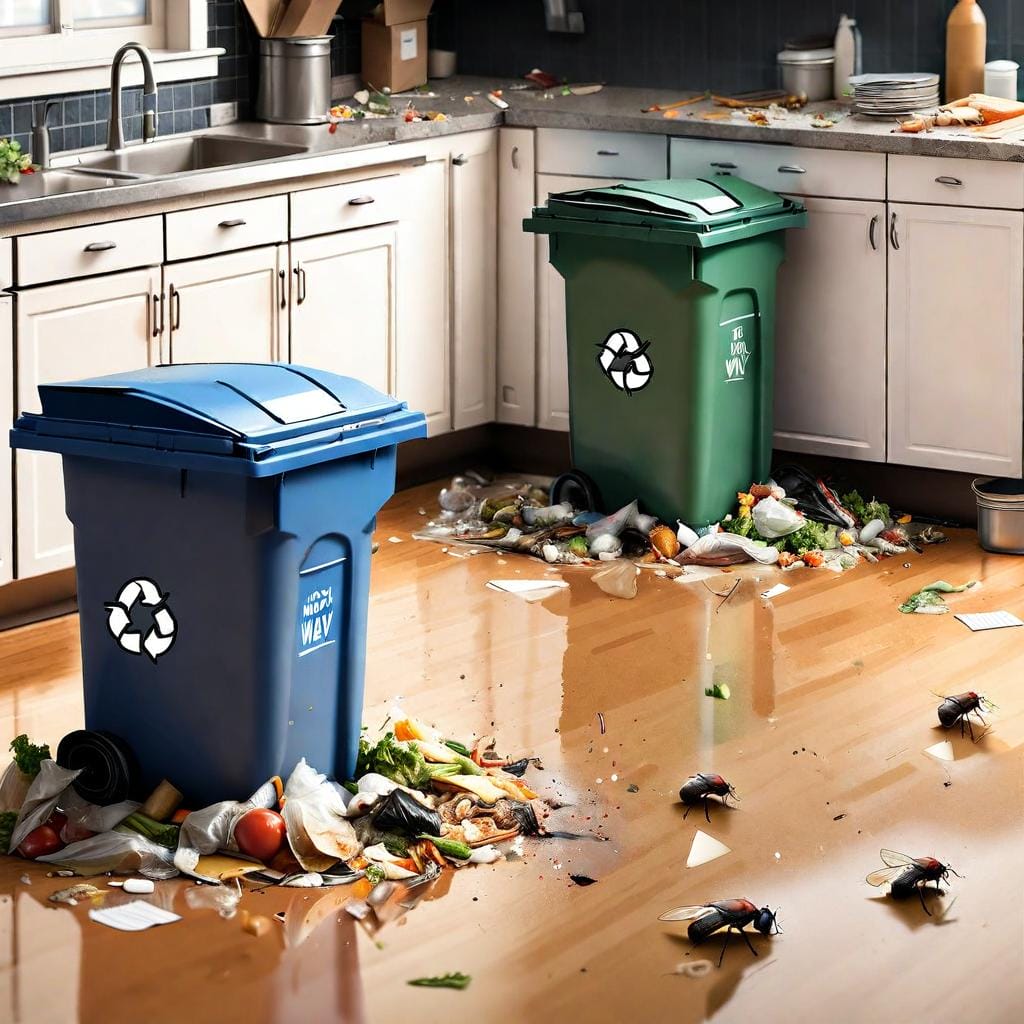
Conclusion
DIY pest control in Kissimmee doesn’t have to be a daunting task. By following these 10 essential tips, you can protect your home from unwanted intruders and enjoy a pest-free living environment. From keeping your home clean and clutter-free to sealing entry points and using natural remedies, there are plenty of simple yet effective strategies you can use to keep pests at bay. Remember, prevention is key, so stay proactive, stay informed, and stay pest-free!

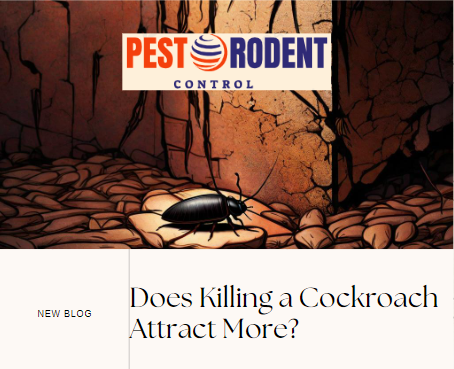
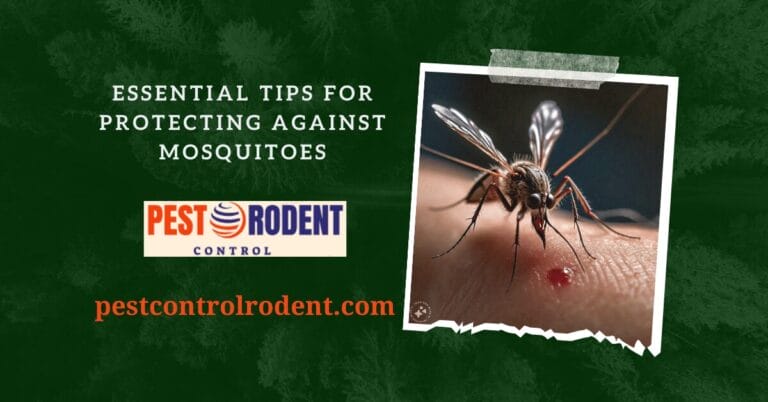
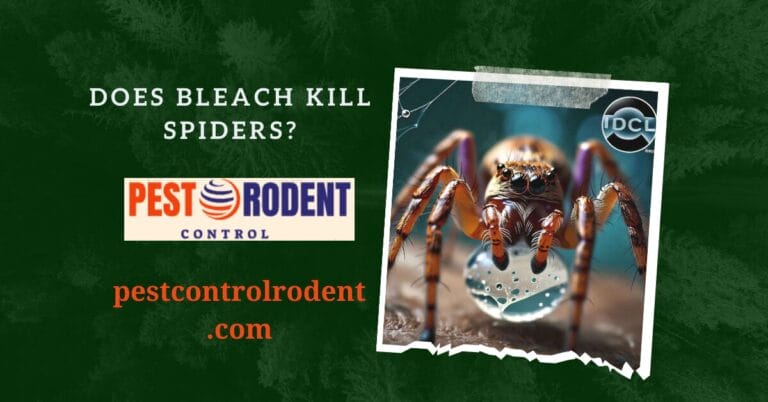
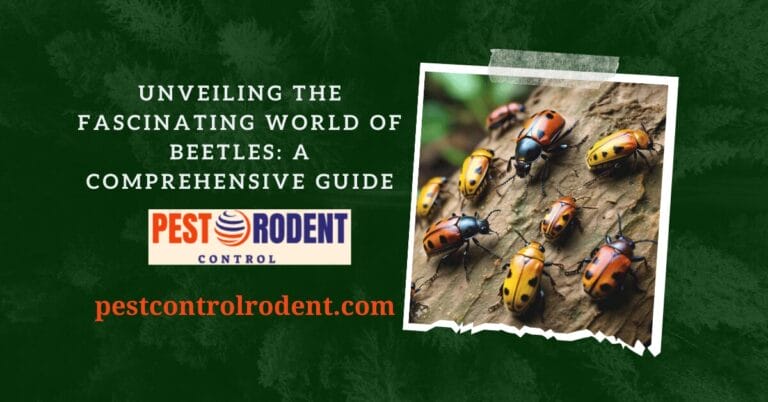
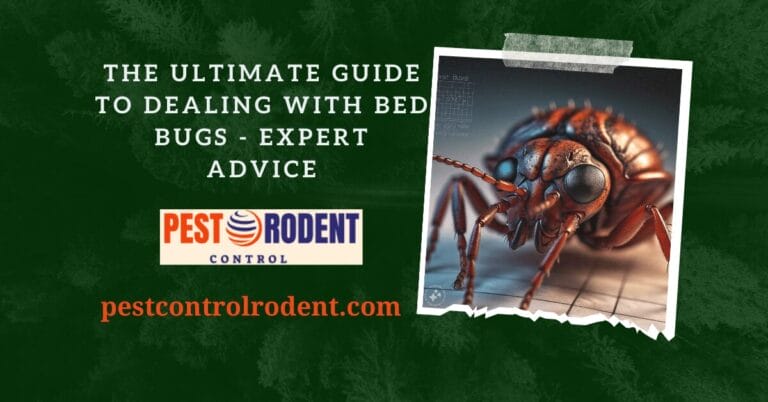
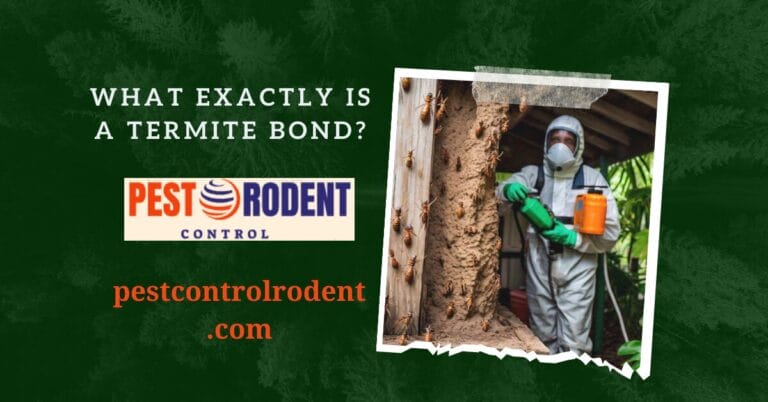
2 Comments